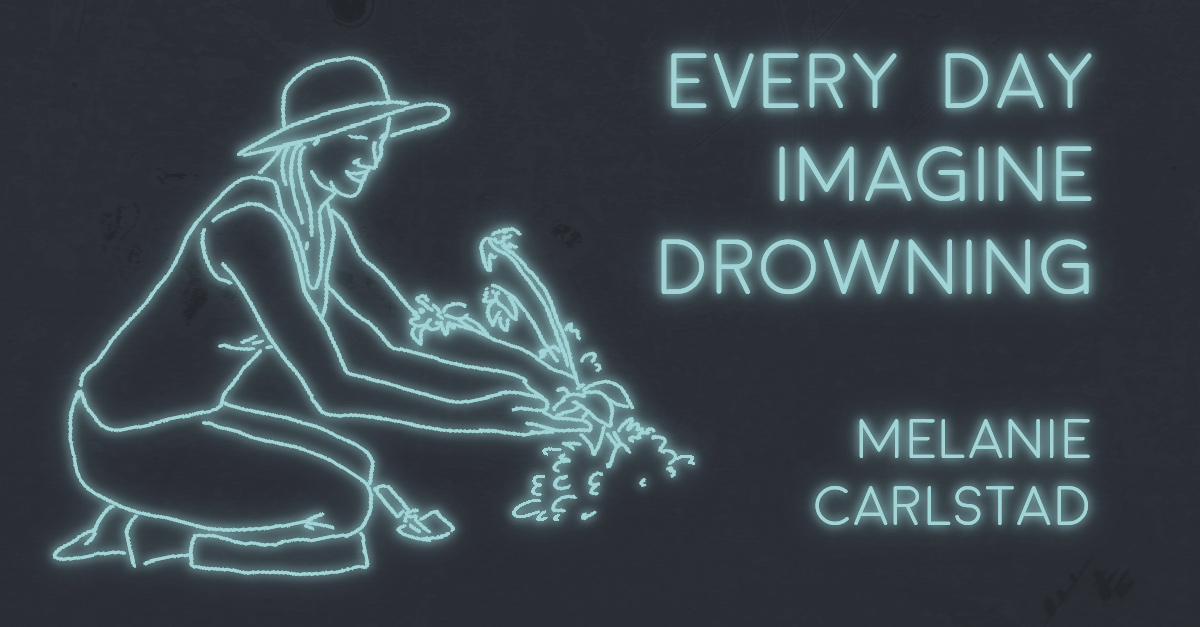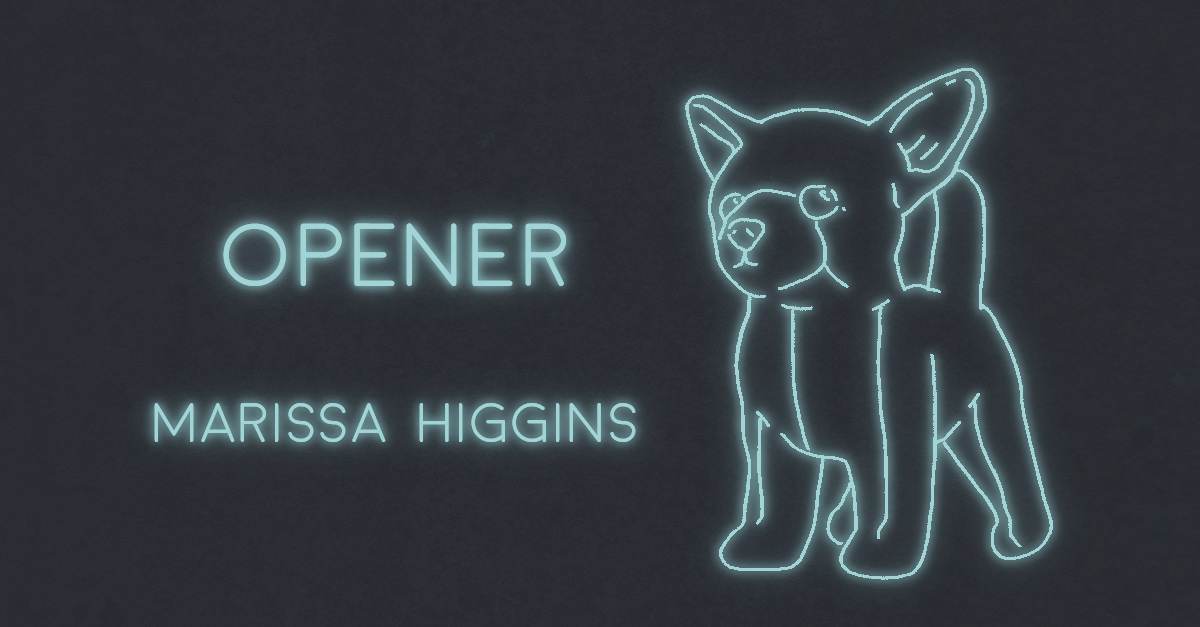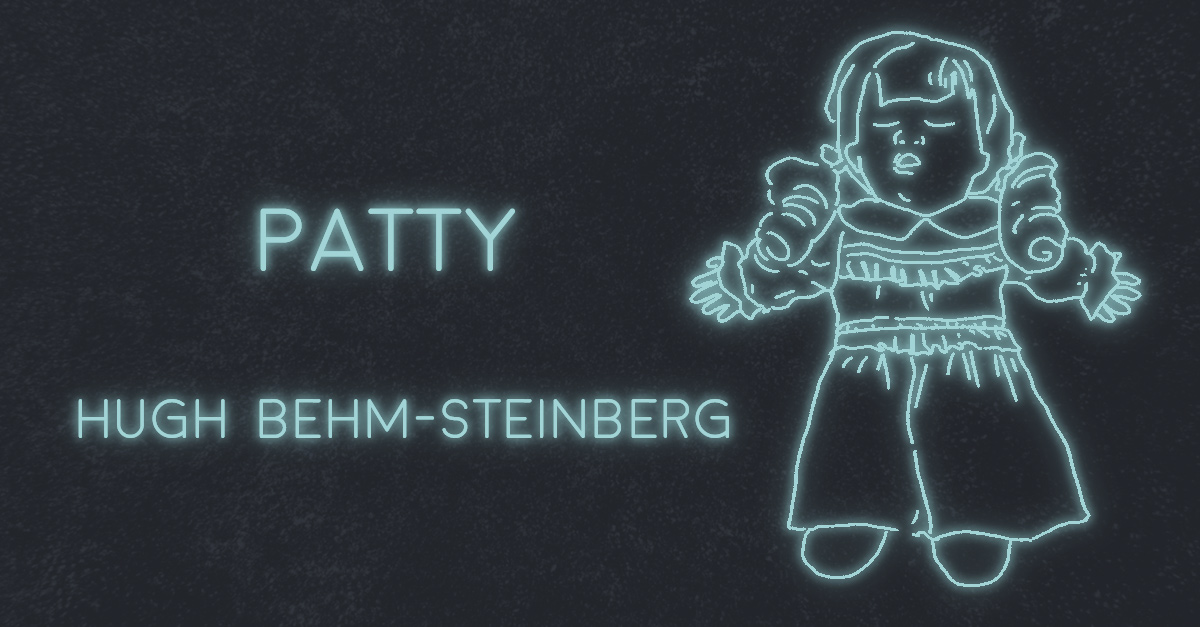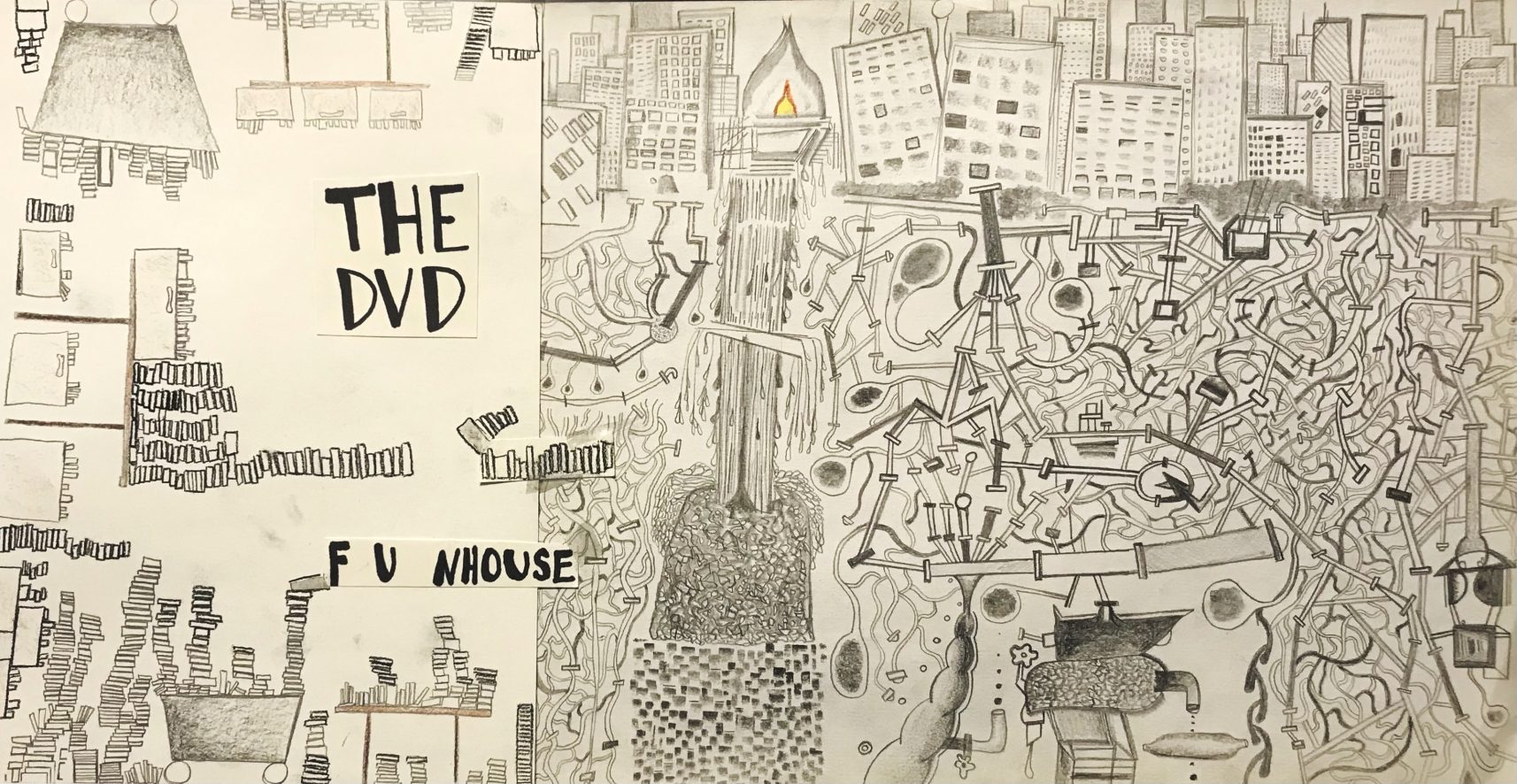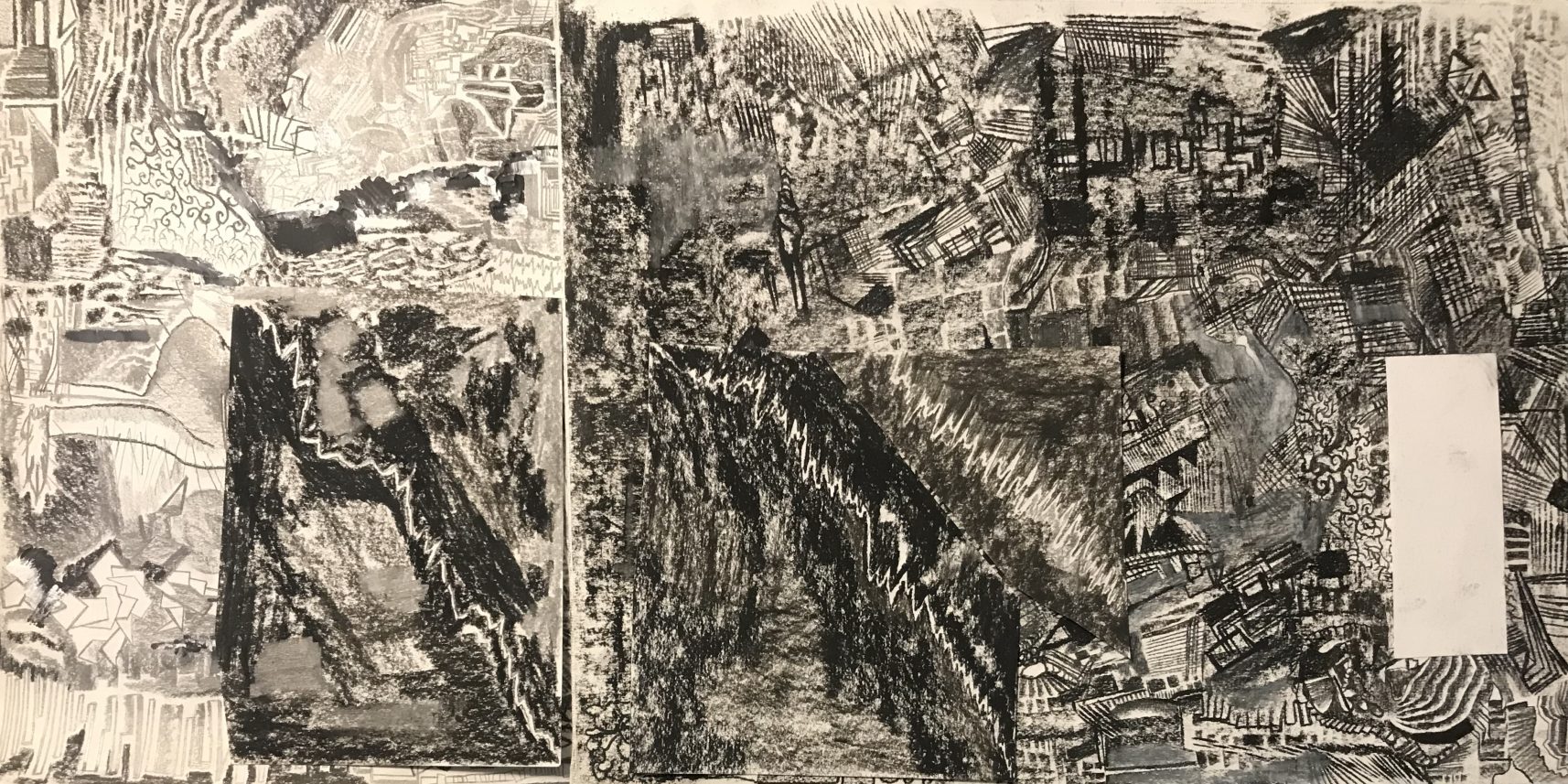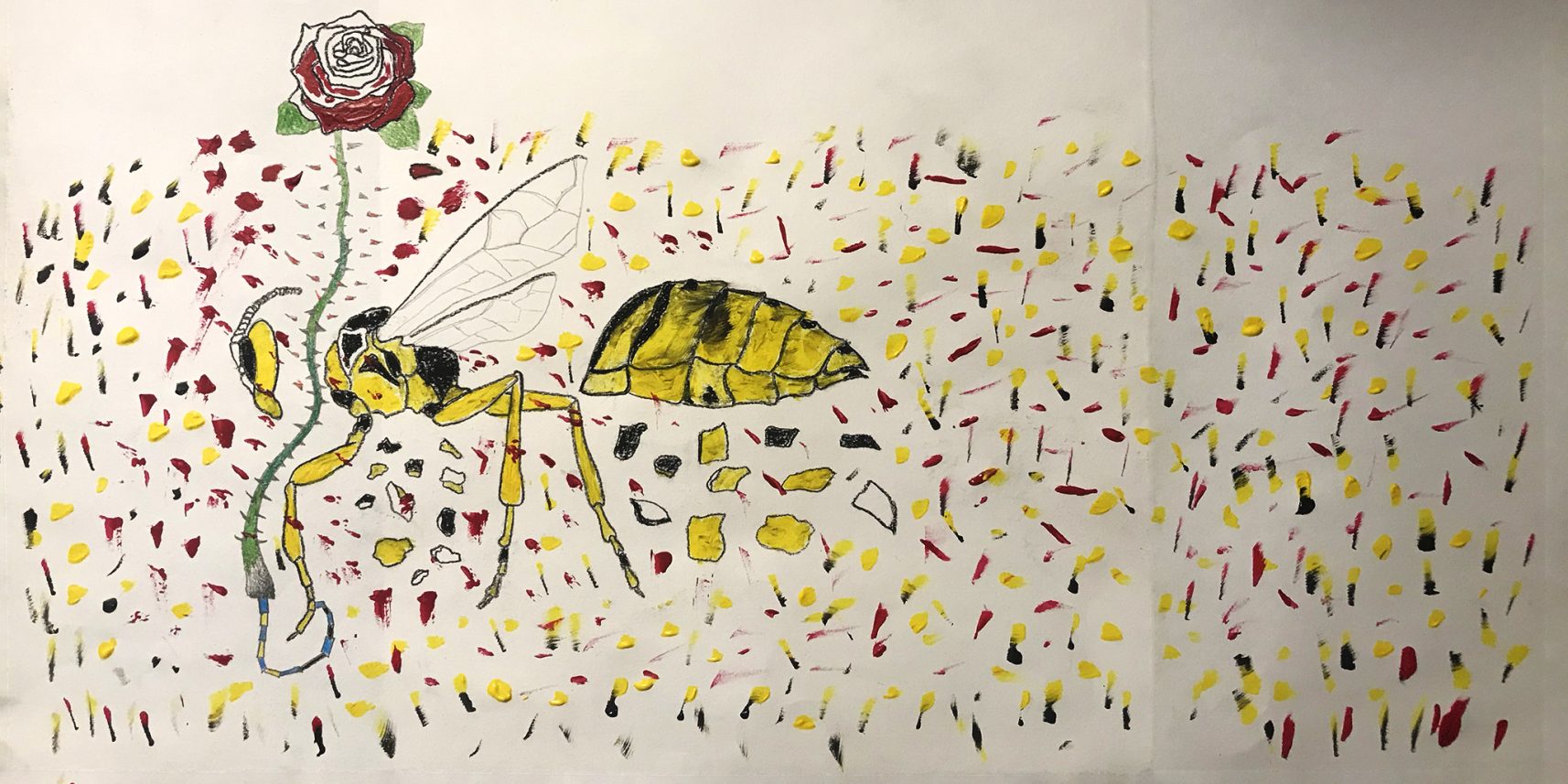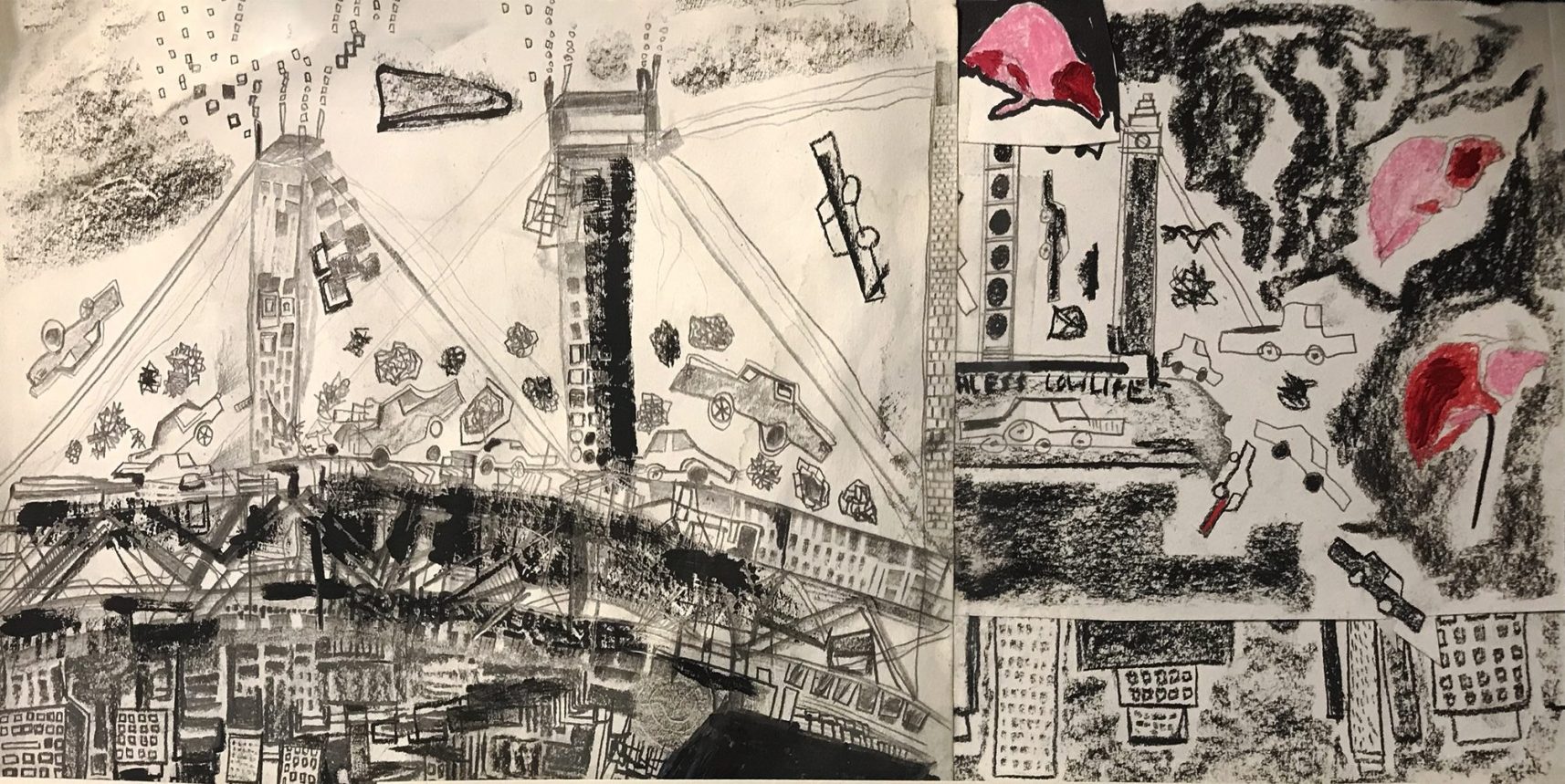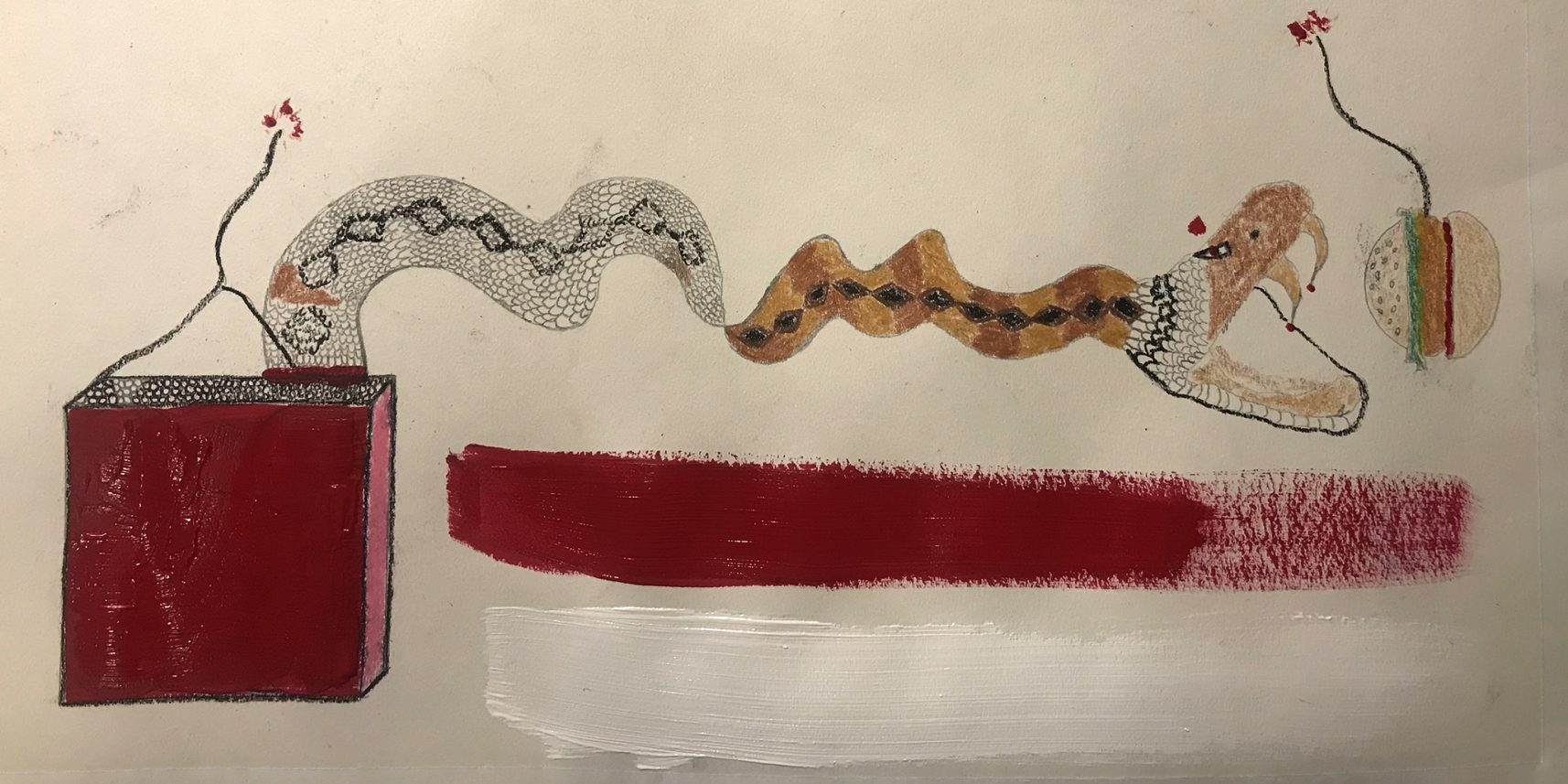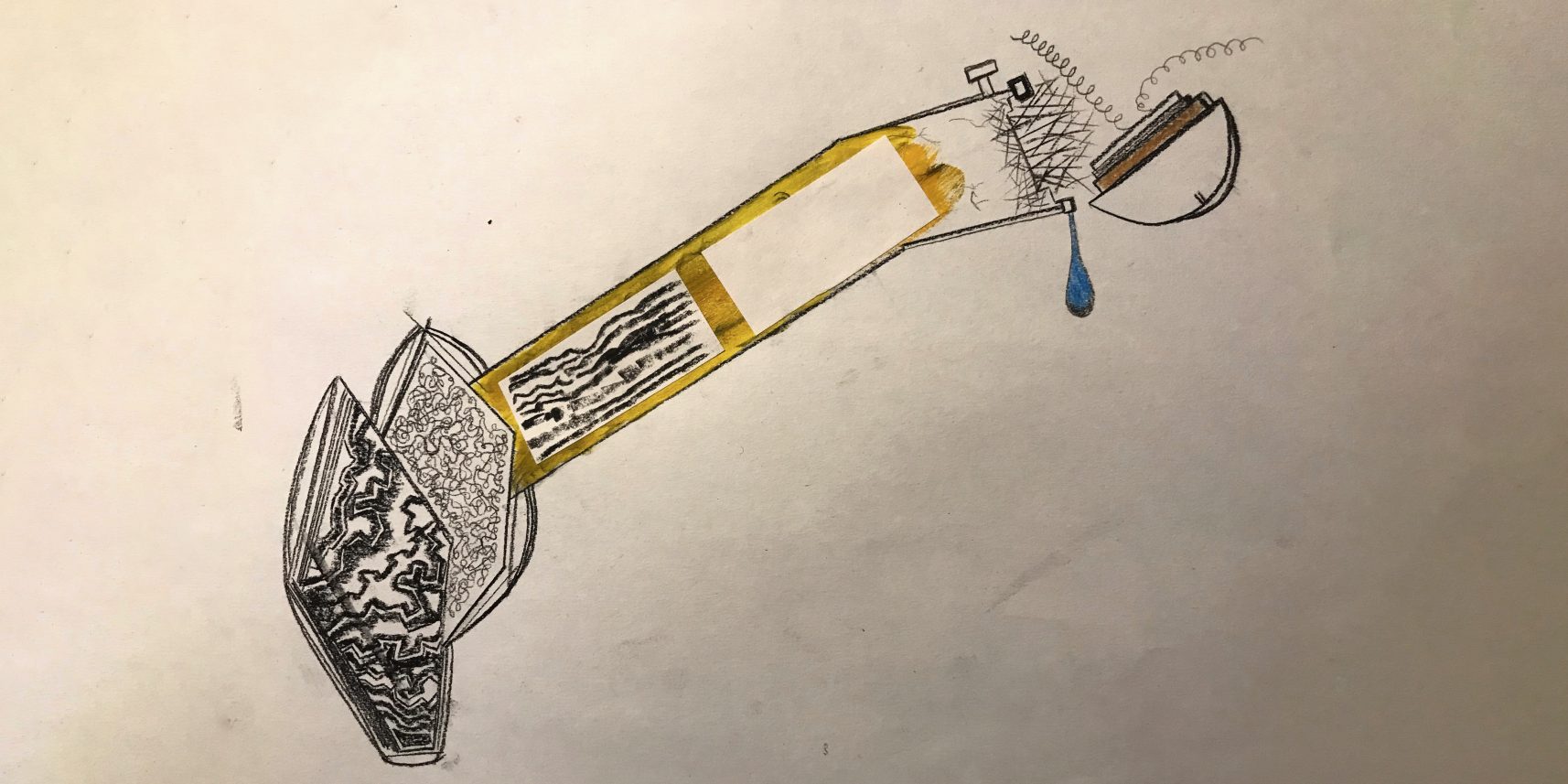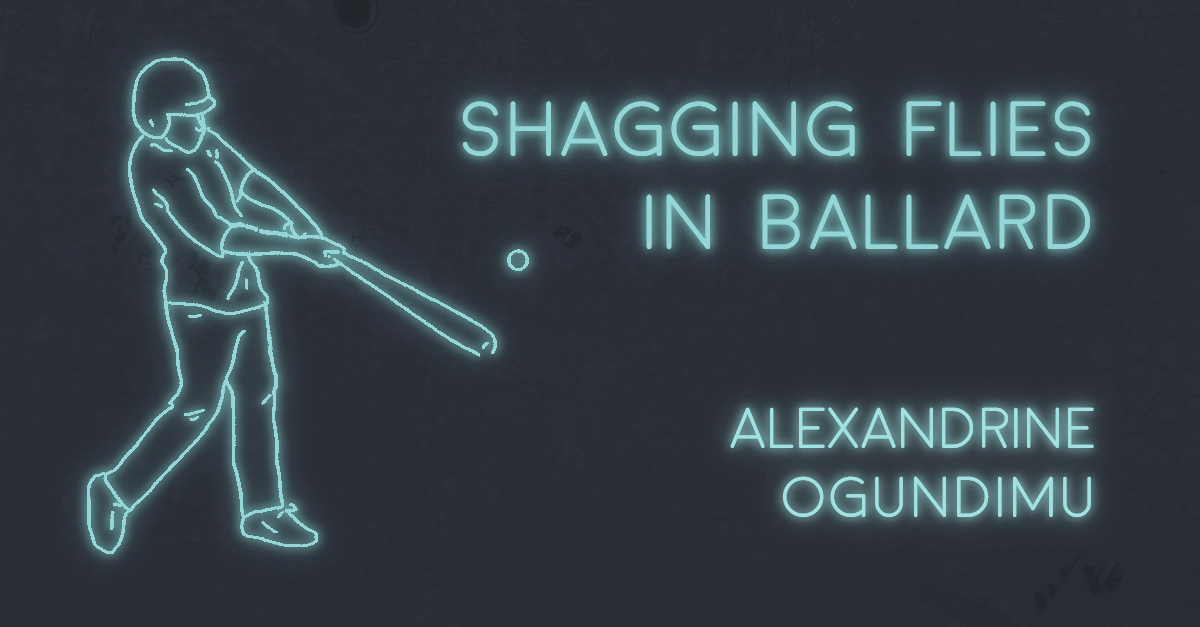
SHAGGING FLIES IN BALLARD by Alexandrine Ogundimu
I resolve to confess my feelings on Saturday. You take me to the batting cage up in Mountlake Terrace but the machines are so awful they eat our tokens and give us nothing back, no high-arching softballs or baseball bullets. I would never say anything because I am meek and unmasculine but you get a refund because you are handsome and friendly and always get what you want and I am jealous—of your confidence and looks and talents and physicality and how much sex you have. There’s a bucket of baseballs in your trunk so we drive to a park…

